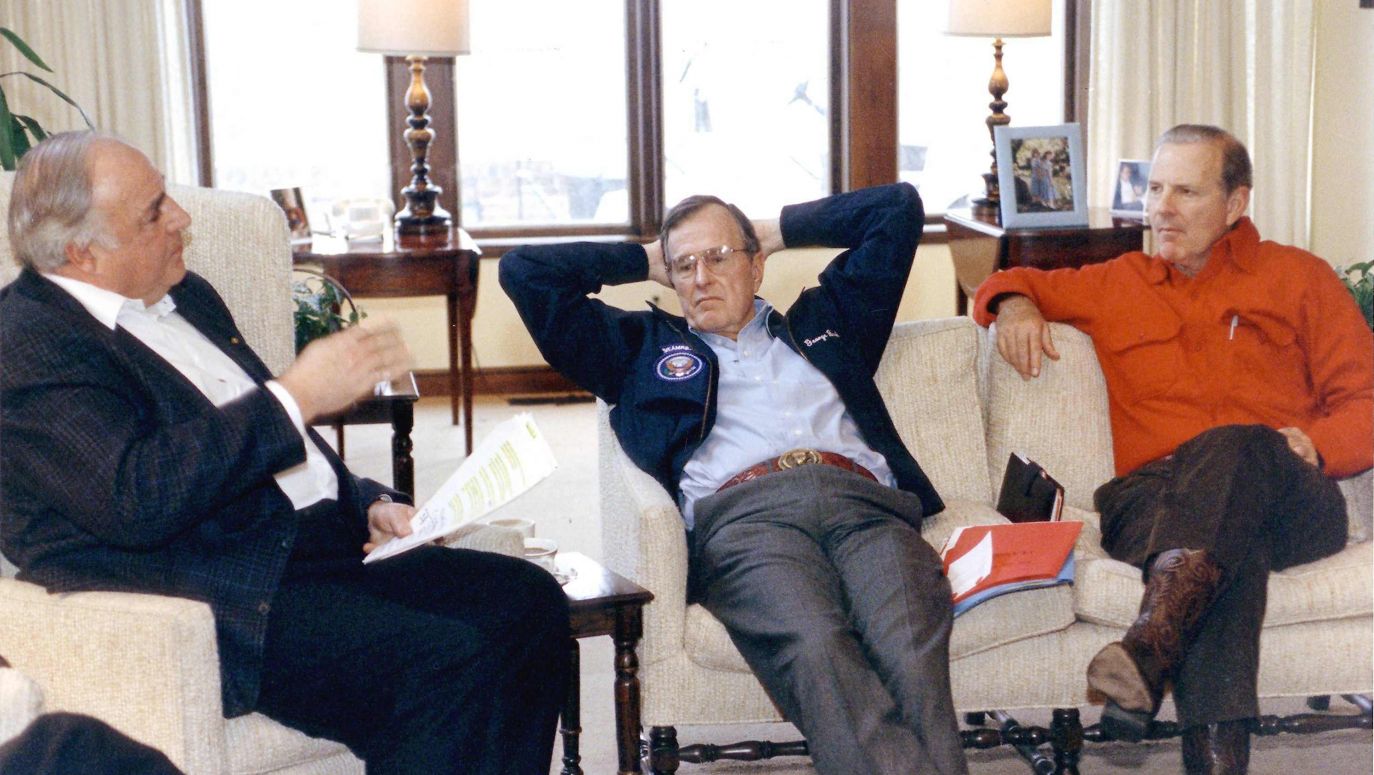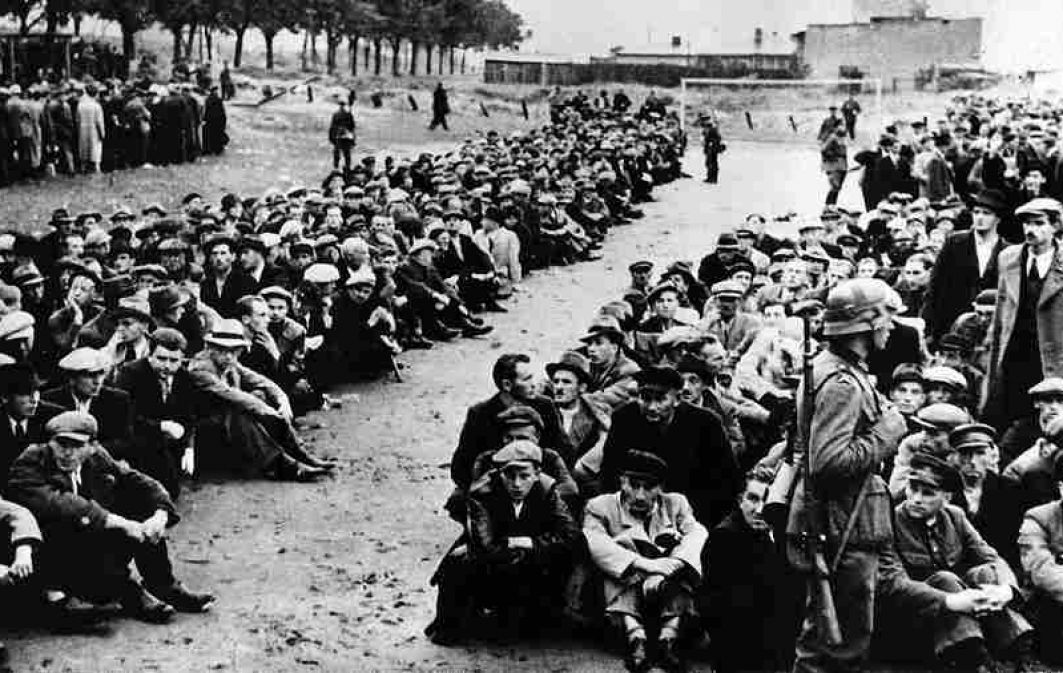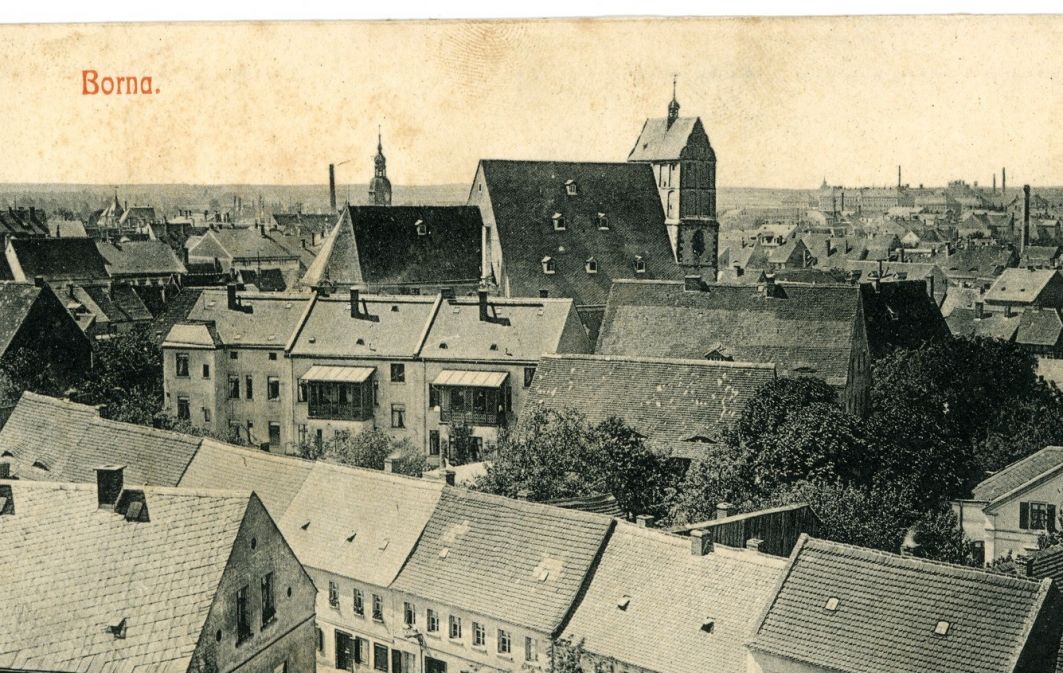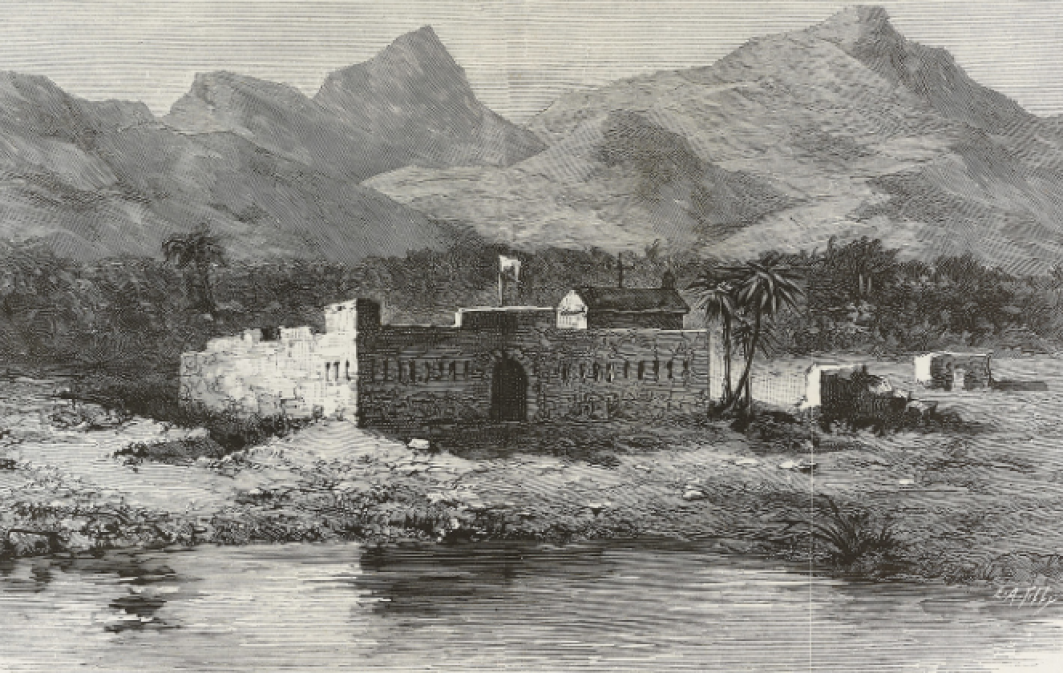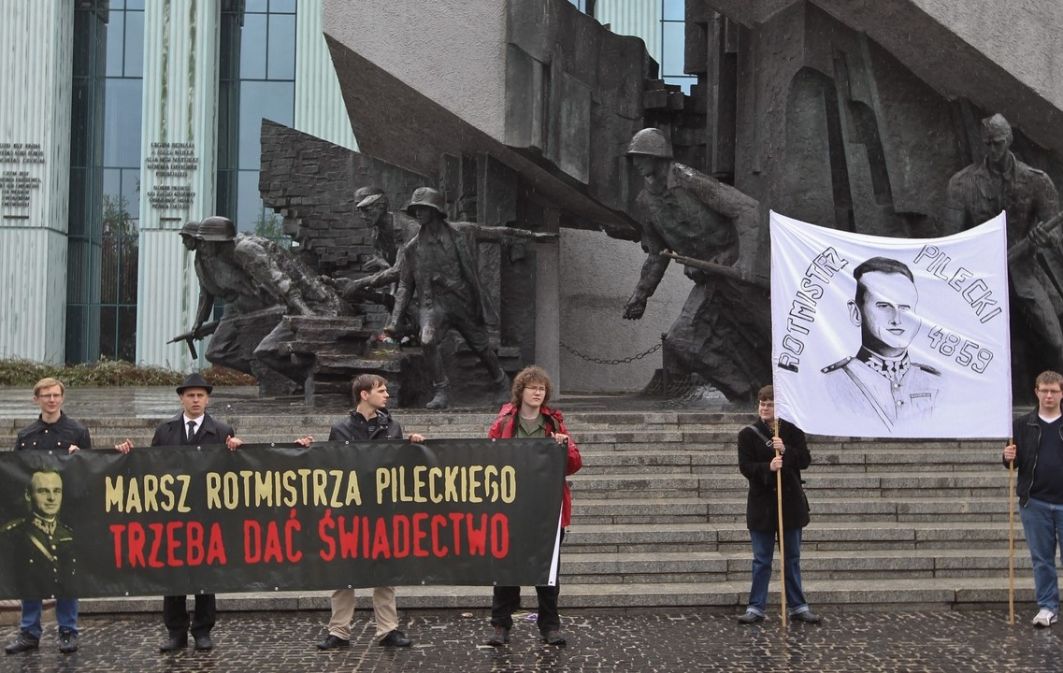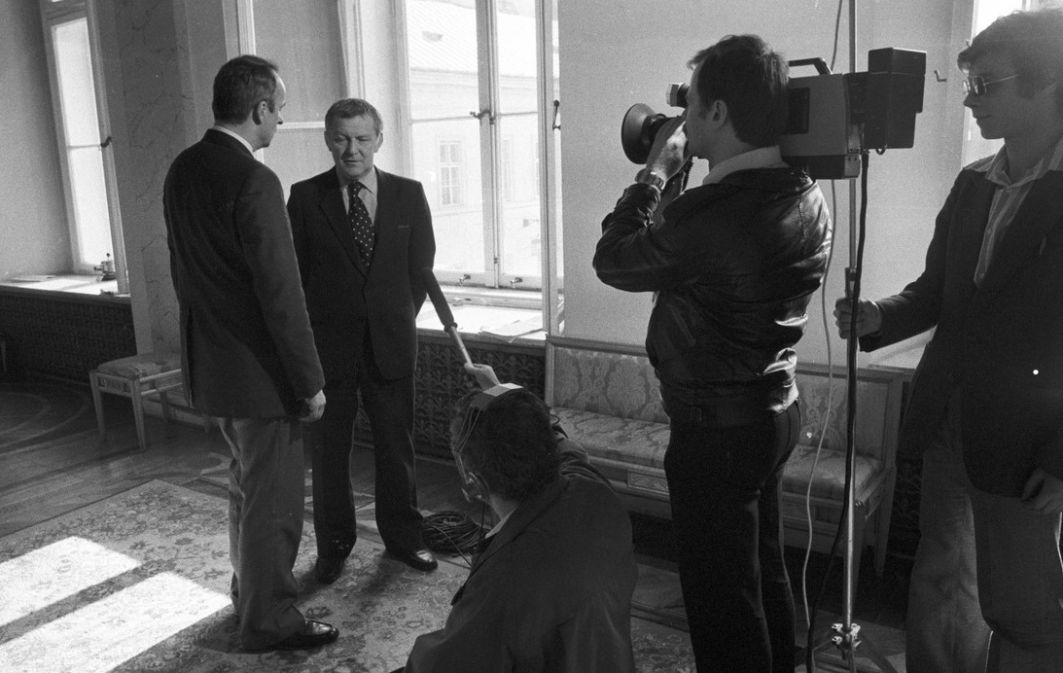
An important thread is missing from the discussion on German reparation debt to Poland: the history of the Federal Republic of Germany’s 70-year-old cynical policy in that matter. A saddening history, little known in Poland, and efficiently concealed in Germany. It’s no surprise as it is a history of resolutely anti-Polish conduct, in which the German part tried all possible tricks and even resorted to lies.
 SIGN UP TO OUR PAGE
SIGN UP TO OUR PAGE
 But German historians have studied and revealed also such cases as the attempts – made already in the post-war Federal Republic – to limit the prosecution of war criminals or the free actions of people entangled in the Nazi regime, functioning later in West German institutions, including the ministries of justice and international affairs. German journalists and historians have brought to light the Nazi past of top activists of the Federation of Expellees. The research is conducted by a commission of historians analyzing the past of the West German Intelligence personnel.
But German historians have studied and revealed also such cases as the attempts – made already in the post-war Federal Republic – to limit the prosecution of war criminals or the free actions of people entangled in the Nazi regime, functioning later in West German institutions, including the ministries of justice and international affairs. German journalists and historians have brought to light the Nazi past of top activists of the Federation of Expellees. The research is conducted by a commission of historians analyzing the past of the West German Intelligence personnel.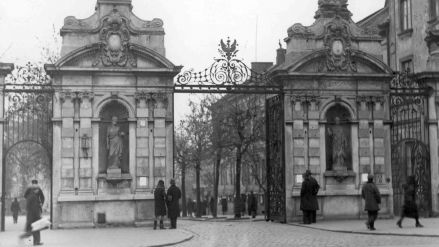
The 8th Grouping was surpassed in fire power so dramatically that its forces were doomed to extermination the very moment the uprising broke out.
see more
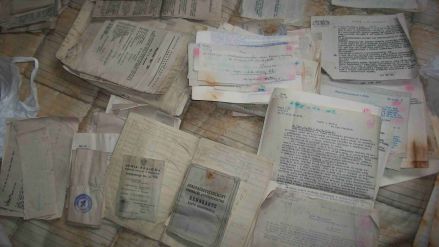
Polish archives remain digitalized at the level of 1%.
see more